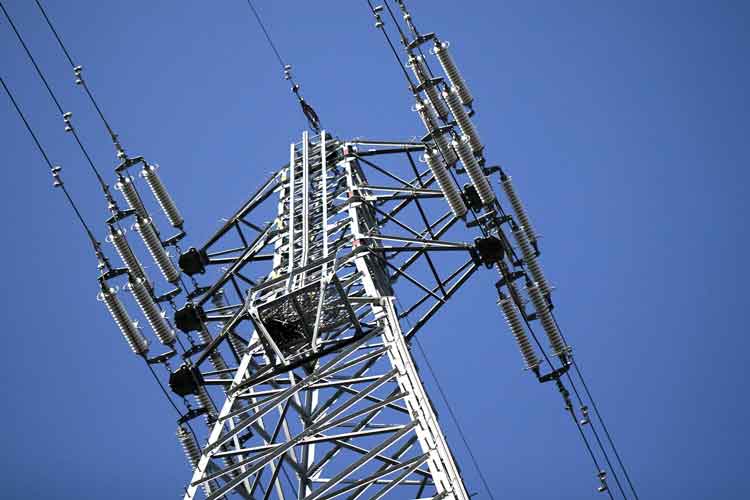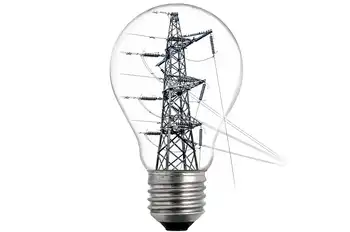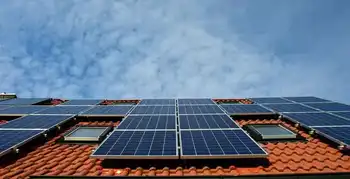Trees blocking transmission lines means a million dollar fine
By Charleston Daily Mail
NFPA 70b Training - Electrical Maintenance
Our customized live online or in‑person group training can be delivered to your staff at your location.

- Live Online
- 12 hours Instructor-led
- Group Training Available
If they don't comply, companies could be slammed with fines of up to $1 million per day.
Congress passed a law in 2005 mandating utilities trim trees near transmission lines.
The order went into effect last year, and the North American Electric Reliability Corp., which administers the regulation, started issuing fines to noncompliant companies this summer.
The law was passed following a major blackout in August 2003, when transmission lines came in contact with tree limbs and shut down 21 power plants in the eastern United States and Canada. The outage left 50 million people in the dark.
But utilities operating in the Mountain State say they've always made certain areas with transmission lines weren't cluttered with trees, foliage and other obstacles.
American Electric Power and Allegheny Energy, which both serve the state, already conduct routine inspections of their lines, say their spokesmen.
Letting tree limbs creep onto transmission lines can spell trouble, said AEP spokesman Phil Moye.
"When transmission lines become heavily loaded, they sag," Moye said. "It causes heat on the line and the potential for blackouts."
Transmission lines transfer electricity from power plants to substations in cities and towns. They are usually located on large towers. Distribution lines, on the other hand, are the smaller lines attached to wooden poles that serve homes and businesses.
"We do regular inspections of our lines and plan our tree-trimming activity based on the results of those inspections," Moye said. "That's true for both distribution and transmission lines."
The new law applies only to transmission lines.
Crews not only trim trees, but also apply herbicide applications from the air, usually in the summer months. Some of the work is contracted out to other companies, such as Asplundh, Moye said.
AEP even has an aerial saw it uses to slice through trees and brush tangling up the lines. The saw is attached to a helicopter and includes 10 circular blades. Each blade is about 2 feet in diameter, Moye said.
The aerial saw is used mainly in rural areas that are tough to access, he said.
Moye noted that utilities in West Virginia are already up to snuff on keeping obstructions clear of transmission lines because of the state's rural nature.
"It's probably unlike what you'd find in states that are relatively flat," he said. "So we're a little more creative in approaching that type of maintenance."
AEP serves more than 5 million customers in 11 states. The company's Appalachian Power subsidiary serves most of the southern half of West Virginia. Appalachian Power's headquarters is in Charleston.
Allegheny Energy serves the northern half of West Virginia. That company also conducts regular maintenance of transmission lines.
Company spokesman Allen Staggers said tree trimming is only one component of a comprehensive maintenance plan.
Staggers said the new law wouldn't have much effect on Allegheny Energy.
"These are all practices we had in place before the new standards," he said.
Its power interruptions are usually caused by weather, not trees, Staggers said. Thunderstorms earlier this summer took out power in the eastern part of its service territory after damaging 2,500-kv towers.
Allegheny Power has 4,500 miles of transmission line throughout the four states it serves, Staggers said.
The company serves more than 1.5 million customers in Pennsylvania, West Virginia, Maryland, and Virginia.
"The transmission system is the backbone of the electric system," Staggers said. "It's our highest priority."
The first two fines under the new law totaled $255,000, and were issued to utilities in the Midwest.











